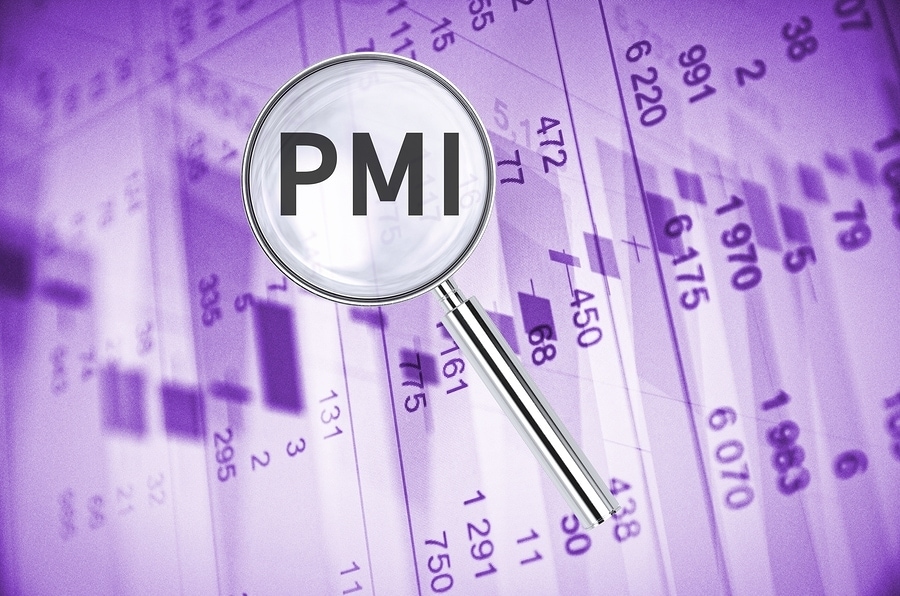Get Expert Financing
- Matched with investor-friendly lenders
- Fast pre-approvals-no W2s required
- Financing options fro rentals, BRRRR, STRs
- Scale your portfolio with confidence
If you’re shopping for a home, you’re probably also shopping for a mortgage. To get a great mortgage, you need a great credit score. But what if your credit score isn’t great?
1. Get copies of your credit report from the three major credit bureaus. You can get them for free once a year at AnnualCreditReport.com. Once you have your credit report, check for any errors and get them corrected. Negative events like late payments remain on your credit report for seven years (bankruptcies stay on for seven to ten years).
2. Reduce or pay off as much of your credit card balances as possible. The amount of revolving credit you’re using compared to the amount you have access to is a big part of how your credit score is calculated. You want the percentage of revolving credit used to be less than 30%, but lower is better.
3. Make multiple credit card payments each month. Even if you pay off your credit card balance in full every month, the card issuer may be reporting the monthly balance to the credit bureaus, which can negatively affect your credit score. If you are concerned with maximizing your credit score, you can pay off the balance several times throughout the month to keep the reported balance low.
4. Minimize credit card usage. Unless you pay off the balance on your credit cards each month, stop using them. This will keep the percentage of revolving credit used down.
5. Increase the limit on your credit cards, but don’t use the new credit. This can also lower your credit utilization percentage and raise your credit score.
6. Don’t close any credit cards or old accounts that show you can responsibly handle debt. In fact, a history of consistently and timely paying off debt is great for your credit score. Moreover, closing credit card accounts can increase your revolving credit utilization percentage, which can lower your credit score.
7. Pay off non-credit card debt – such as car loans and student loans – if you can (but pay those credit card balances off first). Every bit helps, so forego that $5 latte for a month and apply that $150 in savings toward your debt.
8. Pay at least the minimum on all of your bills on time. Although this may seem boring, it’s one of the keys to a good credit score. Conversely, any late payments can negatively impact your credit score.
9. If you have any past due balances, pay them off. If you can’t afford to pay them off, contact the creditor to negotiate a payment plan. You can even try asking creditors to “re-age” your debt and report it as current, which can help raise your credit score.
10. Don’t apply for new credit. Applications for credit can lower your credit score.
Obviously, these steps take time, so you should start building up your credit score as early in the home-buying process as possible.
Our advice is based on experience in the mortgage industry and we are dedicated to helping you achieve your goal of owning a home. We may receive compensation from partner banks when you view mortgage rates listed on our website.

![What Credit Score Do You Need for the Lowest Mortgage Rates? [2025 Complete Guide]](https://myperfectmortgage.com/wp-content/uploads/7joxnrbx6qg-1024x680.jpg)
